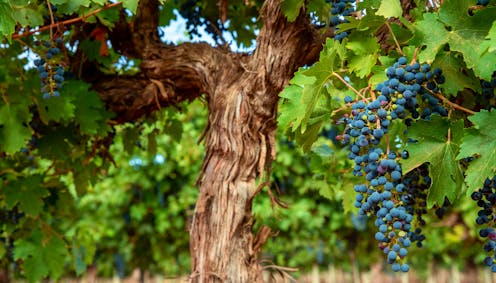How Australia’s biggest wine-growing region came to pioneer alcohol control
- Written by Maggie Brady, Honorary Associate Professor, Centre for Aboriginal Economic Policy Research, Australian National University

The vast wine-growing region now known as the South Australian Riverland produces more than a quarter of Australia’s wine grapes and developed a reputation for producing large volumes of cheap cask wine[1] – an image it is now attempting to dislodge.
But in a remarkable quirk of fate, the Riverland began its life in the late nineteenth century as an irrigation colony run on principles of temperance, with no sales of alcohol allowed across the thousands of hectares of land used to grow irrigated crops on either side of the River Murray.
And although some time later the Riverland did indeed begin to grow grapes for wine, it retained the spirit of its temperance origins by giving birth to a unique experiment in alcohol control.
In the process, Renmark – a small rural town in the South Australian hinterland – adopted progressive, even faintly socialist, alcohol-control policies that originated in Sweden and were causing a stir across Scandinavia, Britain and America.
In 1887 the colonial government of South Australia granted land for an irrigation colony on the Murray to the Chaffey brothers, two entrepreneurial Canadian engineers fresh from similar arid-land enterprises in California.

















